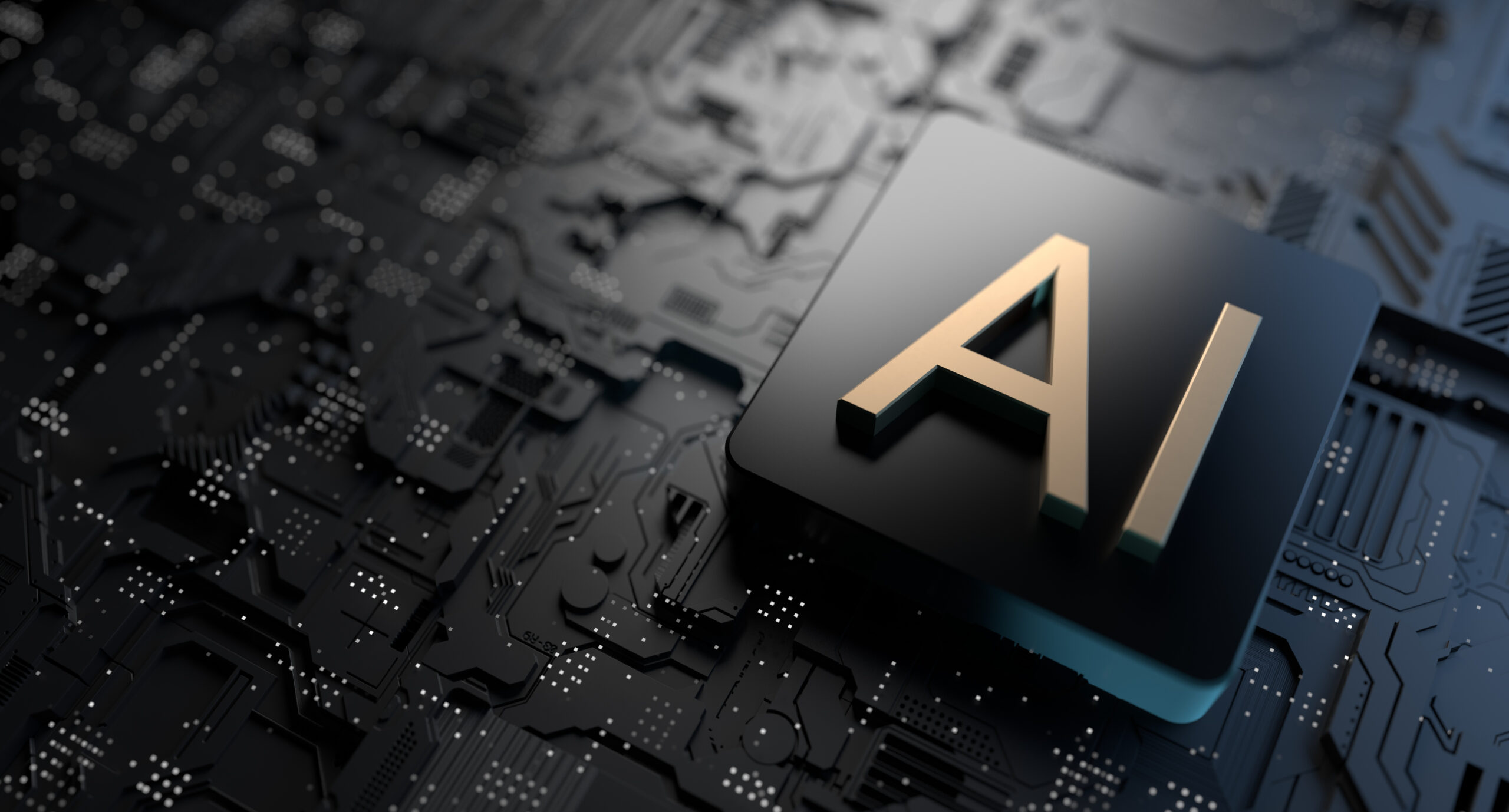1 - Unveiling the AI Tool
The AI tool in question utilizes cutting-edge machine learning algorithms and vast data repositories to analyze an individual's historical information, achievements, and characteristics. By considering various factors, such as educational background, work experience, skillsets, and even personality traits, the AI model aims to generate a probability score that estimates one's likelihood of succeeding in different areas of life.
How It Works
The functioning of this AI tool relies on two primary components data collection and predictive modeling.
- Data Collection :
To make accurate predictions, the AI tool gathers vast amounts of data from diverse sources. This information might include educational records, employment history, online activities, social media interactions, and personal preferences. While this data gathering process raises privacy concerns, developers assure users that the tool adheres to strict privacy regulations and anonymizes the information.
- Predictive Modeling :
Once the AI tool has collected sufficient data, it utilizes sophisticated machine learning algorithms to identify patterns and correlations between various attributes and success metrics. The model is trained on a vast dataset that covers successful and unsuccessful individuals across different domains, enabling it to recognize success-related patterns effectively.
2 - Potential Benefits
- Personal Growth and Development :
For individuals seeking self-improvement, the AI tool offers valuable insights into their strengths and weaknesses. Armed with this knowledge, users can make informed decisions about furthering their education, honing specific skills, or pursuing new opportunities.
- Career Guidance :
The AI tool may serve as a career advisor, providing personalized suggestions based on an individual's predicted likelihood of success in various professions. This guidance could help students select appropriate educational paths and assist job seekers in identifying careers where they are more likely to thrive.
- Entrepreneurship and Innovation :
For aspiring entrepreneurs, the AI tool might assess the viability of their business ideas and offer critical feedback. By predicting their chances of success, entrepreneurs can identify potential pitfalls and devise strategies to overcome challenges.
3 - Limitations and Ethical Concerns
- Data Privacy :
The extensive data collection process raises legitimate concerns about individual privacy and data security. It is crucial for developers to ensure that users' personal information remains protected and is not misused.
- Algorithmic Bias :
AI algorithms can inherit biases present in the training data, leading to inaccurate or unfair predictions, particularly for underrepresented groups. Developers must address and rectify any inherent biases in the model to maintain its credibility and ethical standing.
- Human Complexity :
Predicting success is a highly complex task, as human achievements are influenced by numerous factors, some of which may be intangible or difficult to quantify. Relying solely on AI predictions may overlook the intricacies of human potential and limit individuals' opportunities.
Conclusion
The advent of an AI tool that claims to predict an individual's likelihood of success is both intriguing and thought-provoking. While it holds promise in empowering personal growth and guiding career choices, we must approach its implementation with caution. Data privacy, algorithmic bias, and the recognition of human complexity are critical factors that developers need to address to ensure the ethical and accurate deployment of such tools. As AI technology continues to evolve, the responsibility lies with us, as users and creators, to leverage its capabilities for the betterment of society while upholding ethical standards and promoting inclusivity.




